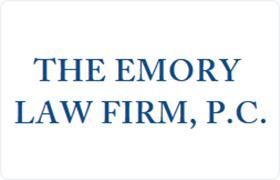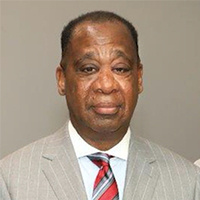Granite Quarry White Collar Crime Lawyer, North Carolina
Sponsored Law Firm
-
 x
x

Click For More Info:
-
The Emory Law Firm
11020 David Taylor Dr. Suite 102 Charlotte, NC 28262» view mapCriminal Defense Law Our People Make The Difference
We’re dedicated to ensuring that we take care of all of our clients, and that their legal needs are met and exceeded. We offer high-quality legal work and personal client service.
800-972-6341
Samuel J. Randall
✓ VERIFIEDCriminal, DUI-DWI, Misdemeanor, Felony, White Collar Crime
Since 1998, Samuel J. Randall, IV has built a solid reputation among his peers, adversaries, and the judiciary in North Carolina as an aggressive and ... (more)
FREE CONSULTATION
CONTACTFREE CONSULTATION
CONTACTRichard H. Tomberlin
Construction, Lawsuit & Dispute, White Collar Crime, RICO Act
Status: In Good Standing
Christopher A. Connelly
Traffic, Family Law, White Collar Crime, DUI-DWI
Status: In Good Standing Licensed: 38 Years
Robert J Decurtins
Traffic, White Collar Crime, DUI-DWI, Criminal
Status: In Good Standing Licensed: 41 Years
 C. Randolph Emory Charlotte, NC
C. Randolph Emory Charlotte, NC Practice AreasExpertise
Practice AreasExpertise

